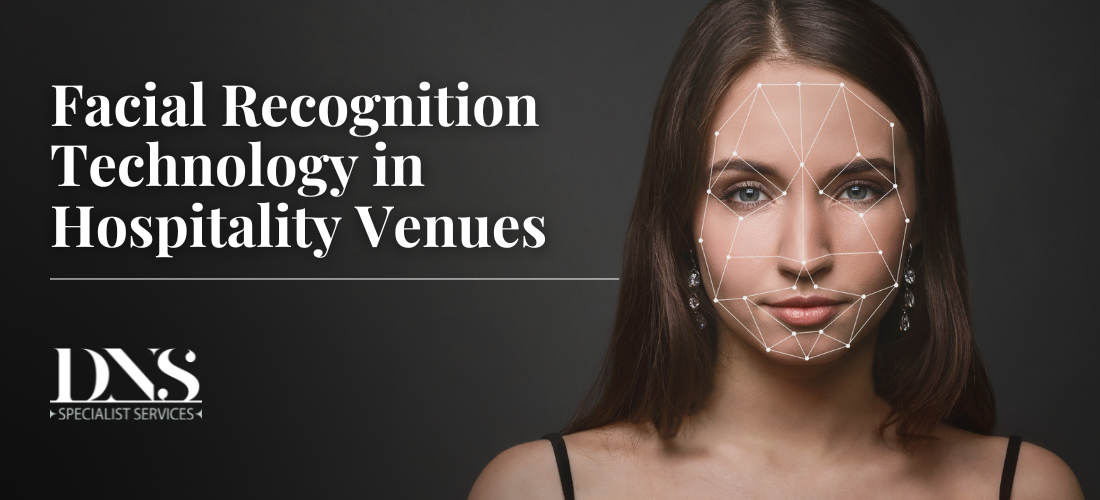
Facing the Future: Navigating the Complexities of Facial Recognition Technology in Hospitality Venues
- On December 10, 2024
FRT for hospitality venues – obligations and concerns
The recent Bunnings facial recognition controversy highlighted a critical gap in many organisations’ understanding and management of this powerful technology, particularly as many hospitality venues roll out the technology.
While facial recognition offers potential benefits for harm minimisation, its use raises significant ethical, legal, and reputational risks for venues. Failing to address these concerns can lead to hefty fines, damaged brand reputation, and eroded public trust.
Your Obligations Regarding Facial Recognition
The Bunnings case isn’t an isolated incident. Increasingly, businesses are deploying facial recognition, but often without the necessary policies, procedures, or risk assessments in place. This leaves them vulnerable to:
- Legal Non-Compliance: Legislation around data privacy and surveillance is constantly evolving. Failing to meet these requirements can result in significant penalties.
- Reputational Damage: Public backlash against perceived misuse of facial recognition can severely impact your brand image and customer loyalty.
- Security Breaches: Improperly secured facial recognition systems are vulnerable to data breaches, exposing sensitive customer information.
- Ethical Concerns: The use of facial recognition raises serious ethical questions about privacy, bias, and consent. A lack of transparency and robust ethical guidelines can lead to significant reputational harm.
DNS SS: Your Partner in Responsible Facial Recognition Implementation
DNS SS specialises in audits and harm minimisation tools for hospitality venues, providing a comprehensive suite of services to help hospitality businesses navigate the complex landscape of facial recognition technology (FRT).
Our Harm Minimisation Services include:
Policy Development: We help you create comprehensive policies that align with relevant legislation and ethical best practices.
Procedure Creation: We develop clear and actionable procedures for the responsible use, storage, and management of facial recognition data.
Risk Assessment: We conduct thorough risk assessments to identify potential vulnerabilities and develop mitigation strategies.
Signage Compliance: We ensure your signage clearly communicates the use of facial recognition technology and complies with all legal requirements.
Compliance Audits: We conduct comprehensive audits to ensure your systems and practices are fully compliant with all applicable laws and regulations.
Proactive Compliance: Protect Your Business, Protect Your Members
Don’t wait for a crisis to address your facial recognition responsibilities. Proactive compliance is crucial for mitigating risk and safeguarding your business. The DNS SS team have been working with pubs and clubs across Australia to:
Demonstrate a commitment to responsible data handling: Show your members and stakeholders that you prioritise privacy and ethical considerations.
Avoid costly fines and legal battles: Proactive compliance across all areas of your business (Gaming / F&B / Operations / Events / Sport & Community / Volunteers / Board & Comittees) minimises the risk of penalties and litigation.
Enhance brand reputation: Demonstrate your commitment to responsible innovation and build trust with your customers.
Ensure the security of your systems: Reduce the risk of data breaches and other security incidents.

0 comments on Facing the Future: Navigating the Complexities of Facial Recognition Technology in Hospitality Venues